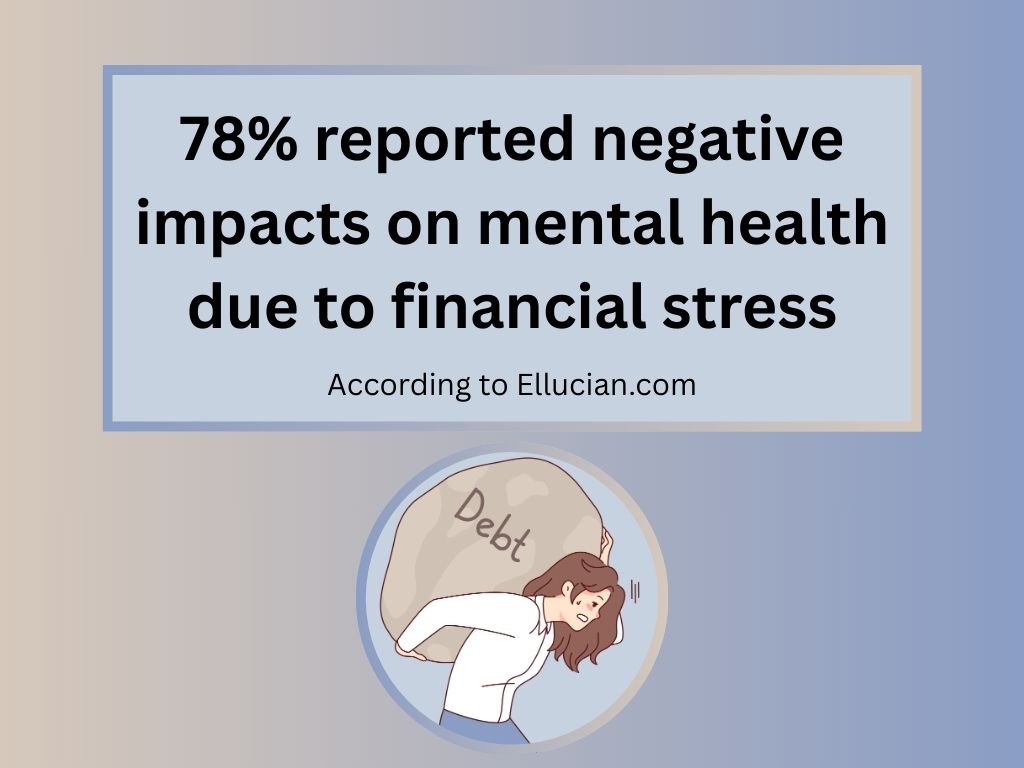Uber: The ultimate rival of taxi companies around the world
February 17, 2016
When it comes to getting a ride, Uber is perhaps the most convenient way to do so. Download the Uber App, and getting a ride becomes easier, faster, and more convenient than calling the local taxi company.
When a trip request is submitted, it is routed to a local Uber driver who uses his or her own car to pick the person up.
The Uber ridesharing service rivals taxi companies all over the world given its ease of use and convenience, and it is highly competitive – almost too competitive.
For consumers, Uber may be the favorable option when it comes to taxi-like services. However, governments and taxi companies from all over the world despise it, and for good reason. In fact, Uber uses unfair advantages and tactics that can leave the competition crippled.
The way Uber has set up its ridesharing business is brilliant to say the least, but also damaging to local governments and companies. Uber alleviated the responsibility of owning vehicles, which eliminates maintenance, insurance, local regulations, and licensing; thus, by definition, it is not technically considered a taxi company.
It can avoid all the taxes, fees, regulations and responsibilities that traditional taxi companies have to bear. This gives Uber the upper hand since it does not have to play by the same rules.
In response to Uber’s loophole business tactics, many governments, taxi companies, and individuals protest Uber and bring lawsuits to court, on the basis of unfair competitive tactics and practices that severely damage the competition.
According to Kristen Brown with Fusion News, 50 federal lawsuits were filed against Uber for a multitude of reasons. Seventeen of the lawsuits were filed by Uber drivers, 15 by taxi and transportation companies, and about a dozen were filed by customers.
Many local and county governments across the country have sued Uber for violating regulations and administrative rules. Some states, like Virginia, have passed resolutions that limit the amount of drivers Uber is allowed to use.
Many also critique Uber for not having thorough enough checks regarding backgrounds, insurance, and the licensing of their drivers. Despite the problems and controversy, many customers still prefer ridesharing services like Uber.
Uber certainly has effected the business of Lincoln Yellow Cab here in Springfield. For many students, they do not even consider a traditional taxi service anymore.
Siddharth Modali, a management information systems graduate student, claims Uber offers a superior service to the taxi company.
“Almost always I was late to work because of delayed time from the cab service, but with Uber I am fine,” said Modali.
In addition to great response time, Uber drivers typically have better vehicles according to Vamshidhar Peddireddy, a computer science graduate student.
Said Peddireddy, “Uber drivers have their own cars which are very clean and comfortable, and the service is good, too, when compared to Lincoln Cabs.”
While favorable and satisfying to customers, Uber remains the bane of existence for competing cab companies. Playing by a different set of rules and sweeping up many potential customers makes Uber a highly competitive force that is difficult to keep up with.
Lincoln Yellow Cab created their own phone app to stay competitive with ridesharing businesses like Uber and in an effort to beat them at their own game, according to Evan Peterson with News Channel 20.
Uber continues to cope with a staggering number of legal issues worldwide, while its popularity among customers continues to rise.
It is clear that Uber is a threatening force to well-established cab companies across the world, which is why many organizations and governments attempt to regulate, limit, and sometimes totally eliminate Uber’s presence, given their unfair, yet effective approach to transportation services.
Uber has a well-equipped legal team to combat its legal issues from around the world. Plagued by lawsuits and local government backlash from the beginning, Uber has quickly thrived as a business.
Though Uber grows in popularity and satisfaction, it is unclear if the climbing level of legal problems and regulatory scrutiny will stunt its future growth and prevent it from dominating the global market.












